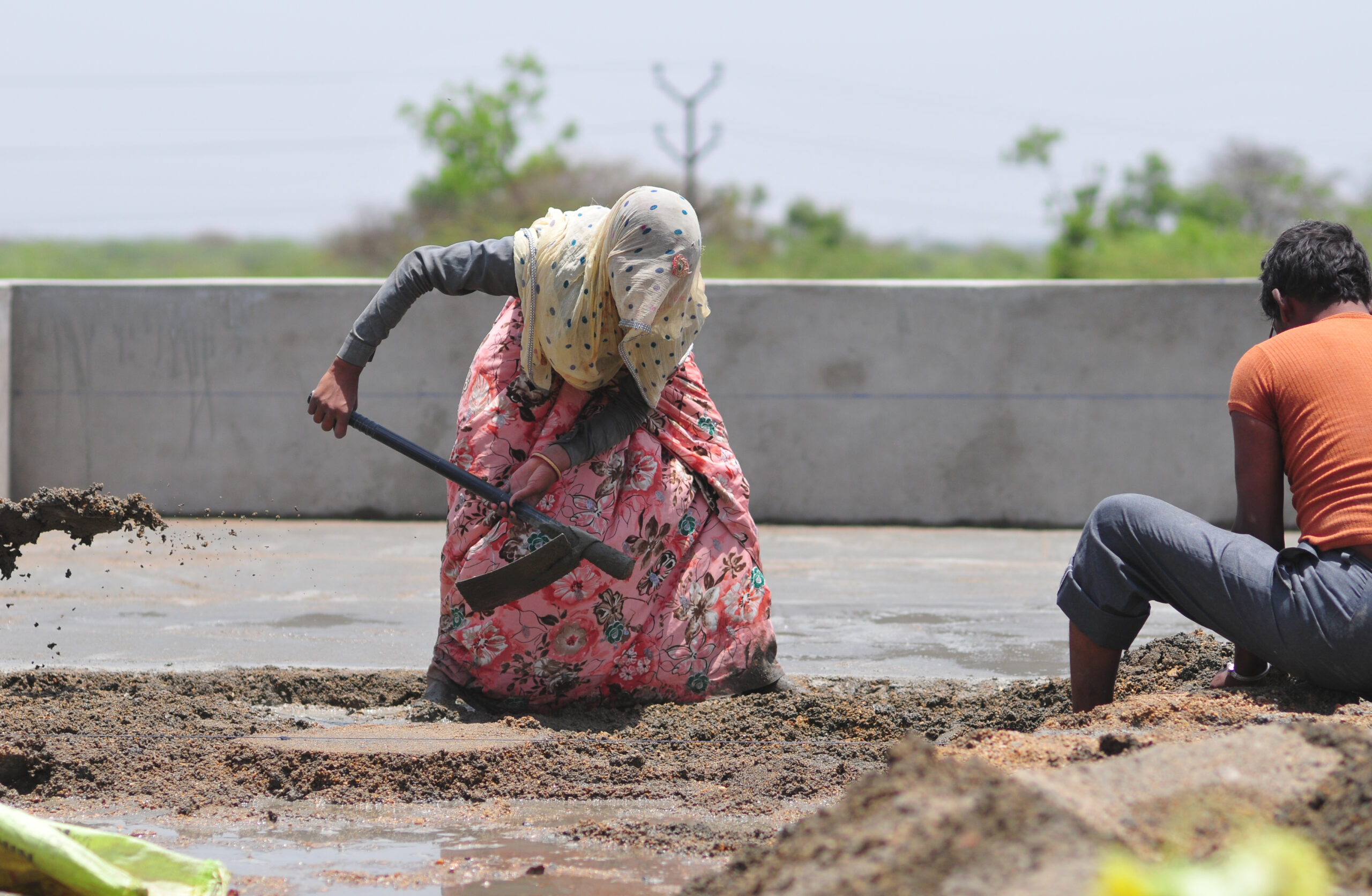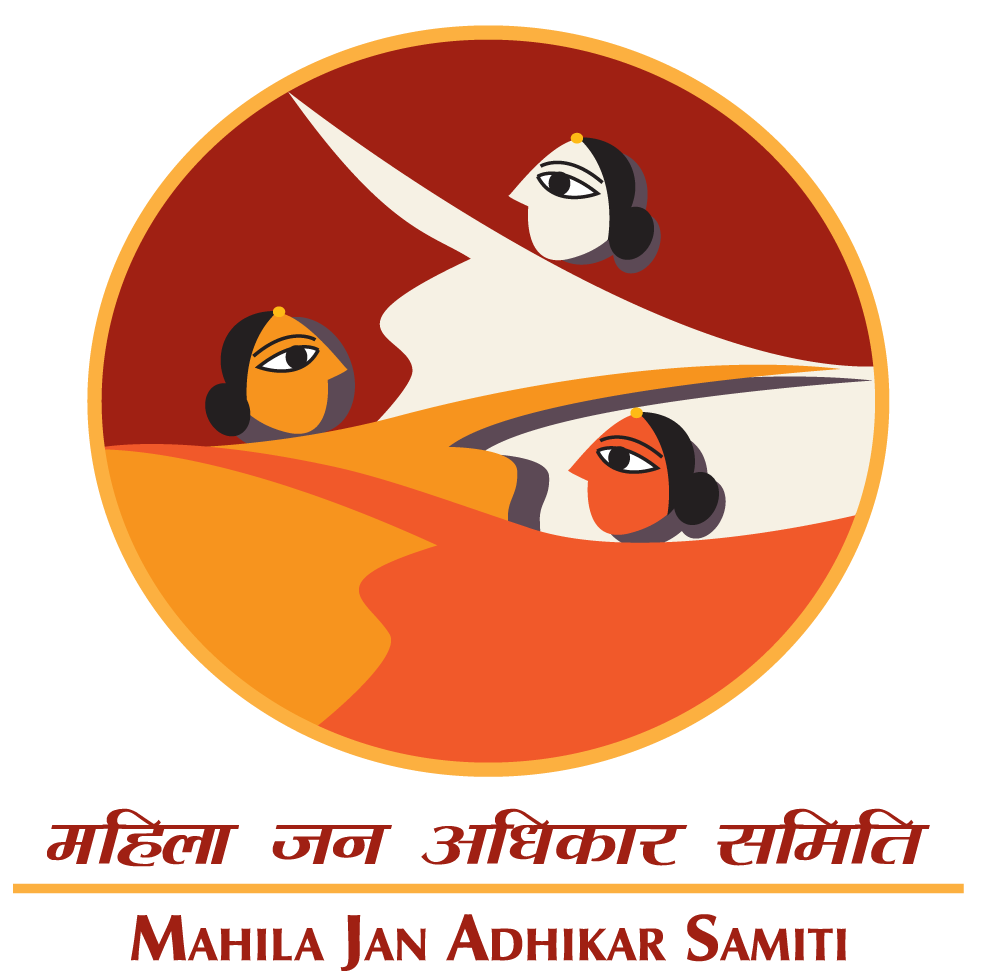The Success Story of
Dhapu Meena

The entire liquor trade around Tonk and neighbouring districts was controlled by rich Rajputs barons and this other merchant had their protection. They began to threaten Dhapu and her family but when this didn’t impact their business, on June 15 1996, 15-20 men, who belonged to the local liquor merchant’s gang, raided Dhapu’s house. They brutally assaulted Dhapu, her husband Jagdish and son Dharma and abducted them. Dhapu’s son recalls that they drove through a forest where they forced Dhapu to get off the jeep and they took turns to rape her. Later, they stuffed a bottle of liquor into her vagina causing Dhapu to bleed profusely and faint. They also beat her husband and son, and fractured their legs in order to prevent them from intervening. As Dhapu continued to bleed profusely, they took her to a private doctor who initially refused to treat her but later agreed as they bribed him. The doctor had to give two injections to Dhapu to stop the flow of blood and revive her but she remained unconscious. According to Dhapu’s son, they drove through some villages and reached Tonk district which is 65 kms from Deoli. Enroute, they also visited the Rajput liquor baron in a village located in the Bisalpur Dam area. On reaching Sadar thana, one of the men involved in the rape and abduction lodged a false complaint against Dhapu and her family alleging that they brought country liquor from neighbouring villages and sold it in Uttharna illegally. They then threw two barrels of liquor on the ground, flung all three of them out of the jeep and fled. The police personnel present in the thana found a brutally injured Dhapu and her family members lying on the street outside the thana and admitted them to the nearby government hospital. Next morning, some people from Uttharna lodged a complaint regarding the abduction of Dhapu and her family. The moment the case was filed, tension began brewing between the Rajput liquor barons and the members of the Meena community to which Dhapu belonged. With media coverage of the incident on June 17 1996, the news spread and the Meena community’s anger grew. The latter organised a huge rally supported by 6,000 people on June 19, 1996 in Deoli block of Tonk district and demanded the arrest of the accused and cancellation of their liquor licenses. This led to the Rajputs uniting against the Meenas. It is believed that one of the Rajputs succeeded in arriving at a compromise with one of the Meena leaders as they offered him the liquor contract of Jahajpur block in Bhilwara district. Upset by this, some of the Meena jaati panchs (community panchs) approached the Samanvay Samiti, Now MJAS, (the team that had come together to help rehabilitate the displaced people of the Bisalpur Dam project) for help. Dhapu’s accused were arrested due to the efforts of the Samanvay Samiti. However, during the case proceedings, 25 witnesses in the case refused to testify and by December 1998, even Dhapu had changed her statement. The immense social pressures on both her and her family eventually made Dhapu give up the case. On 18 June 2001, the High Court dismissed the case on the grounds that there were no witnesses against the accused.
While the Samiti’s involvement in Dhapu Meena’s case did not result in justice for Dhapu, it did result in us gaining the confidence and respect of women in rural areas. Women victims of violence in their marital homes or in public spheres including that from the Panchayats, began to approach the collective. As a result, the collective started intervening in these cases of violence taking into account the desire of the affected women for negotiation and amicable resolutions within their family and community. Accordingly, the interventions at that time were tailored to bring justice to women and to make it possible for them to negotiate terms with their husbands or families for peaceful cohabitation. Gradually, the Samiti began taking a stronger stand in supporting women victims of violence, as evidenced in Meera Meena’s case.
